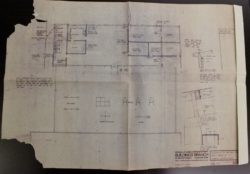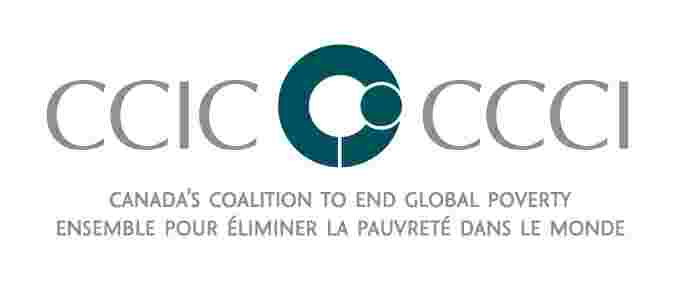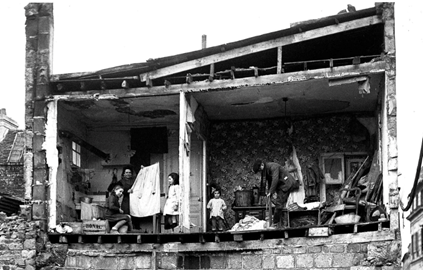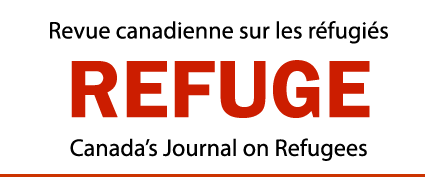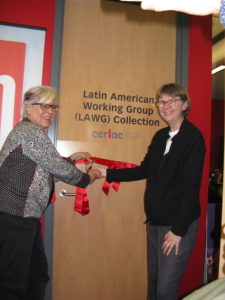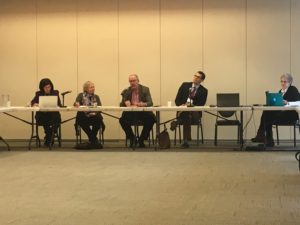On Thursday February 16, CNHH member John Foster was at York for the launch of the LAWG collection. He wrote: “The event was quite wonderful. I attach the ribbon cutting moment, with Prof. Liisa North of York and Caese Levo, former LAWG librarian, both of whom have been instrumental in organizing the collection. We are so lucky that CERLAC negotiated space and is hosting.”
Latin American Working Group (LAWG) library opens at CERLAC’s Resource Centre:
We are pleased to announce the opening of the LAWG (Latin American Working Group) Library, part of CERLAC’s Resource Centre, thanks to the efforts of Liisa North and Caese Levo. As Liisa explains, LAWG “played a leading role in sustaining Canadian solidarity with human rights and women’s organizations, peasant and worker unions, ecumenical groups, refugee agencies, and others in the southern hemisphere during some of its darkest hours of war, military dictatorship, and US intervention, as well as the bright moments of popular and revolutionary breakthroughs.”
The LAWG library is a unique collection of ephemeral publications, pamphlets, posters, letters to the public, reports, and other publications dating from 1965 to 1990. It consists of thousands of documents organized and labeled in 120 “banker’s boxes.” The collection is particularly strong on (from north to south) the Dominican Republic, Grenada, Guatemala, El Salvador, Nicaragua, Brazil, Argentina, and Chile. Simon Granovsky-Larsen, Assistant Professor of Politics and International Studies at the University of Regina, who examined the Guatemala collection, found that it contained “rare and important material on the relatively obscure Guatemalan organization that I happen to be interested in” and that the collection as a whole “would attract visiting researchers from across Canada and beyond, as well as graduate students from a number of disciplines” if it were publicized more.
More information on the LAWG Library, as well as other collections at the CERLAC Resource Centre is available on our website (under “Resources”). The collection can be consulted by contacting CERLAC Coordinator Camila Bonifaz (bonifaz@yorku.ca).
To read John’s blog on the recognition of the LAWG by the Chilean government in the fall of 2016, click HERE.

